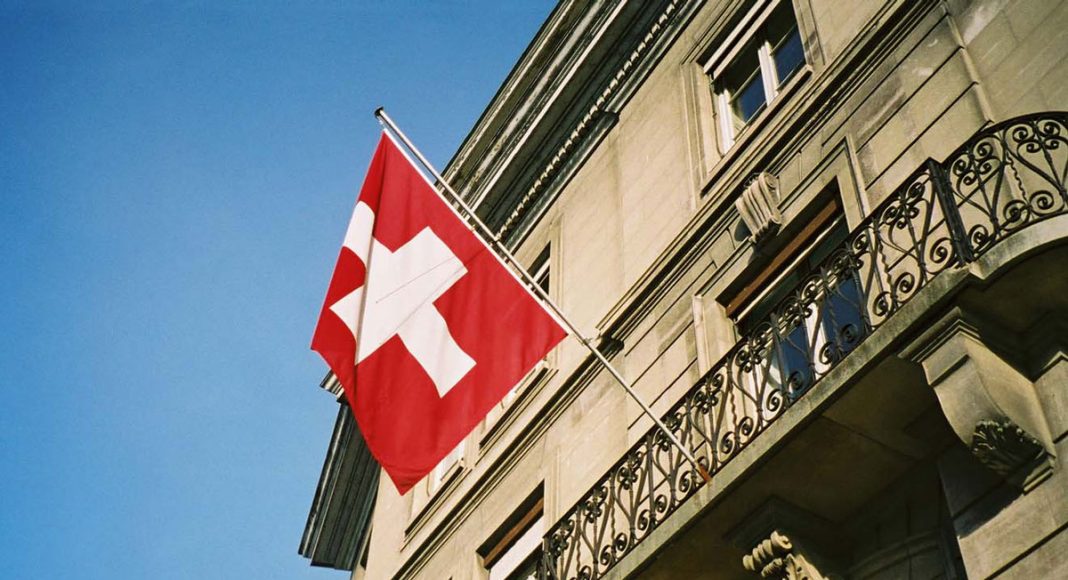To those who think the U.S. or even Canada leads the way, cannabis legalization is a hot topic in Europe this spring. Here the stakes are also very different if not in some ways higher. “Reform” here always means of the federal variety. And with it, are coming some intriguing proposals particularly this year.
-
Related Story: Inside Canada’s Plan For Legal Recreational Marijuana
Hot on the heels of news in 2017 alone that Ireland would allow medical use and Germany will now cover the drug under health insurance, Swiss reform activists are reactivating their own attempts to free (and tax) the weed.
In Switzerland right now, this means full, recreational reform, not the medical variety now clearly underway in Deutschland. On the table right now is a proposal to fully legalize the drug and further license and tax the entire industry. As spokesperson Nino Forrer from “Legalize It” – a group pushing the new Swiss reform said, “The ban on cannabis is wrong from a social perspective, wrong from a legal point of view and simply stupid from an economic point of view.”
The initiative will change Article 105 of the Swiss federal law.
Times They Are Changing
In 2008, a similar proposal failed at the polls. 63% of the country said they did not want to legalize and tax the drug. However since then, things have changed, radically both internally and abroad.
Reform in the U.S. has been closely watched in Europe politically as well as economically. It is no secret that the German government considered medical reform a no-brainer. That is why they voted unanimously earlier this year to cover the drug under health insurance. That said, the details of how this roll-out will proceed are still very much in the mix. It is also clear to everyone that the five year medical “trial” period in Germany is not enough to satisfy activists. There will be at least some smaller “city” recreational trials here in the interim.
-
Related Story: Israel Is About To Decriminalize Recreational Marijuana
That is clearly what Swiss activists are betting on. They are also betting on a new level of political support at the federal if not EU level for an inevitability that is already well on its way across the continent. Beyond the German, Italian, Czech, Croatian and now Irish medical experiments, Holland and Spain continue to keep the conversation open on the recreational side. Switzerland could easily, in such an environment, become the continent’s first “test case” for a fully legalized and taxed country experiment, right in the heart of other reforms.
What the Swiss also have going for them, of course, is what is sometimes known as “proof of concept” to prove how profitable recreational reform can be. There are now 140 retailers registered to sell low-THC cannabis, up from just a handful last year.
In this environment, an initiative to just legalize and tax everything makes even more sense. Clearly, the government’s decision on this front was also timed as a response to the German government’s move forward in January.
No matter the details, therefore, it is clear that reform is moving forward. The Swiss are also not the only ones who recognize that.
What A Swiss Recreational Market Would Mean
If the Swiss proposal succeeds, this would further up the stakes for overall reform here in Europe. In fact, Switzerland could well end up as the “Colorado” of European states from this perspective. The recreational markets in both the Netherlands and Spain are still too ill-defined for a clear-cut legislative mandate to pass, let alone gain fast traction. Germany at least federally, has signalled that it will be another five years (at least) until they will consider federal recreational reform.
In Switzerland, in sharp contrast, cannabis containing up to 1% THC can already be sold legally and consumed. That has been the case since 2011. As a result, legal sales of such low potency pot have already topped 100 million Swiss francs per year. This means a tax income to the government of 25% of the total.
Sales have boomed again this year (since February) when authorities ordered that all cannabis products carry health warnings like tobacco. One new shop launched in December 2016 is already reporting earnings of about $95,000 per month.
That means that Swiss activists, if successful this time, could well create the first fully functional, taxed and compliant Euro market for recreational cannabis – and of greater potency than just 1%.
The country’s Germanic and French cultures could also help drive additional reform across at least two borders as well.
One thing however is very clear. In an environment where almost every national government here is being forced to admit the medical efficacy of the drug, the next logical question is, when does it become legal for everyone else?
The Swiss may very well have that answer.
This story originally appeared on CFN Media Group.


